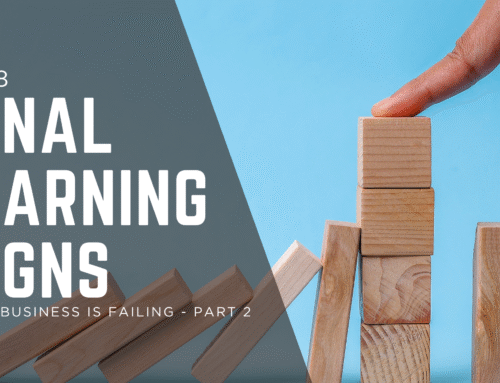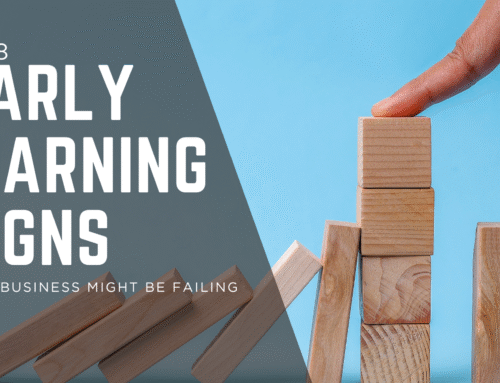
Welcome back to our financial mistakes series! After a brief hiatus, we’re focusing on the critical decade of your 50s, where retirement is no longer a distant concept but an approaching reality. The decisions you make now will directly impact your quality of life in retirement.
⚠️ Critical Warning
Mistakes made in your 50s can be the most costly to recover from, with less time to rebuild before retirement. Protect what you’ve worked so hard to accumulate.
1. Dipping Into Your Retirement Fund Too Early
By your 50s, you should have a significant retirement fund if you’ve followed earlier advice. However, this substantial sum can become tempting for non-retirement expenses.
Common temptations to avoid:
- Luxury items you’ve been eyeing for years
- Children’s college tuition pressures
- Unexpected financial emergencies
Better Alternatives for Financial Pressures:
- College costs: Plan and save earlier with dedicated education funds
- Medical emergencies: Purchase adequate health insurance in your younger years
- Unexpected expenses: Maintain a separate emergency fund outside retirement accounts
2. Underestimating Retirement Healthcare Costs
Many retirees correctly estimate reduced spending on food, entertainment, and housing (if mortgage-free), but consistently underestimate one critical expense: healthcare.
The healthcare cost reality:
- Medical bills increase significantly with age
- Nursing home care can exceed $5,000 monthly
- Long-term care needs often surprise unprepared retirees
Proactive Healthcare Planning:
- Purchase life or term insurance that covers retirement years
- Research long-term care insurance options
- Factor healthcare costs into your retirement budget now
- Consider health savings accounts (HSAs) if still working
Your 50s Financial Priority: Protection Over Growth
This decade shifts from aggressive wealth accumulation to strategic wealth protection. Your focus should be on preserving what you’ve built while planning for the specific costs of retirement living, especially healthcare.
“A wealthy person is simply someone who has learned how to make money when they’re not working.” – Robert Kiyosaki
Missed previous installments? Catch up on financial mistakes in your 20s, mistakes in your 30s, and mistakes in your 40s.
Stay tuned for our next post where we’ll complete the series with financial mistakes to avoid in your 60s and beyond!







